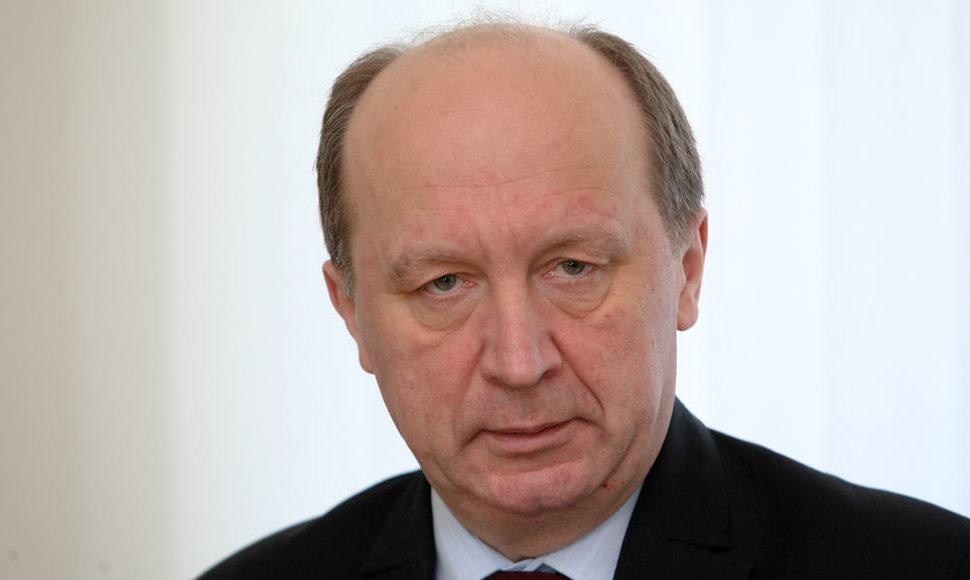"I have said on numerous occasions that, first of all, party leaders – ruling or opposition, those who are, were or will be in power, who plan to be in power – we all have to answer simple questions as to whether we as parties, as institutions delegated to the Seimas, to the government by people, and everyone individually is in favor or against one or the other important strategic project, whether we are in favor of the construction of a nuclear power plant, construction of an LNG terminal or construction of power links," Kubilius said in an interview for the Žinių Radijas (News Radio) on Thursday.
"Every party must itself provide an answer after analyzing all figures it has and all work done in recent years. They have to see themselves the projects' future, their significance, and not engage in mere politicizing. And only when parties decide whether they are in favor or against one or another project, can we consider holding a referendum," leader of the Lithuanian government said.
"Parties have a very clear responsibility to analyze projects for the public and express their clear opinion, and not avoid responsibility and say that people should decide, and we'll do whatever people decide," Kubilius said.
Last Tuesday, the parliament approved for discussion the proposal of opposition groups to hold an advisory referendum on the N-plant plans in conjunction with the general elections in October. The referendum has also been initiated by a group of citizens that is due to collect signatures of at least 300,000 eligible voters by June 27.
Lithuania 's government says the new nuclear power plant will increase the country's energy security, as the country has been importing more than half of electricity after decommissioning of the Ignalina nuclear facility in 2009. Government representatives say the Visaginas electricity price will be competitive.
The new power plant is expected to be operational by 2020-2022, with participation of strategic investor Hitachi and Baltic energy companies.














